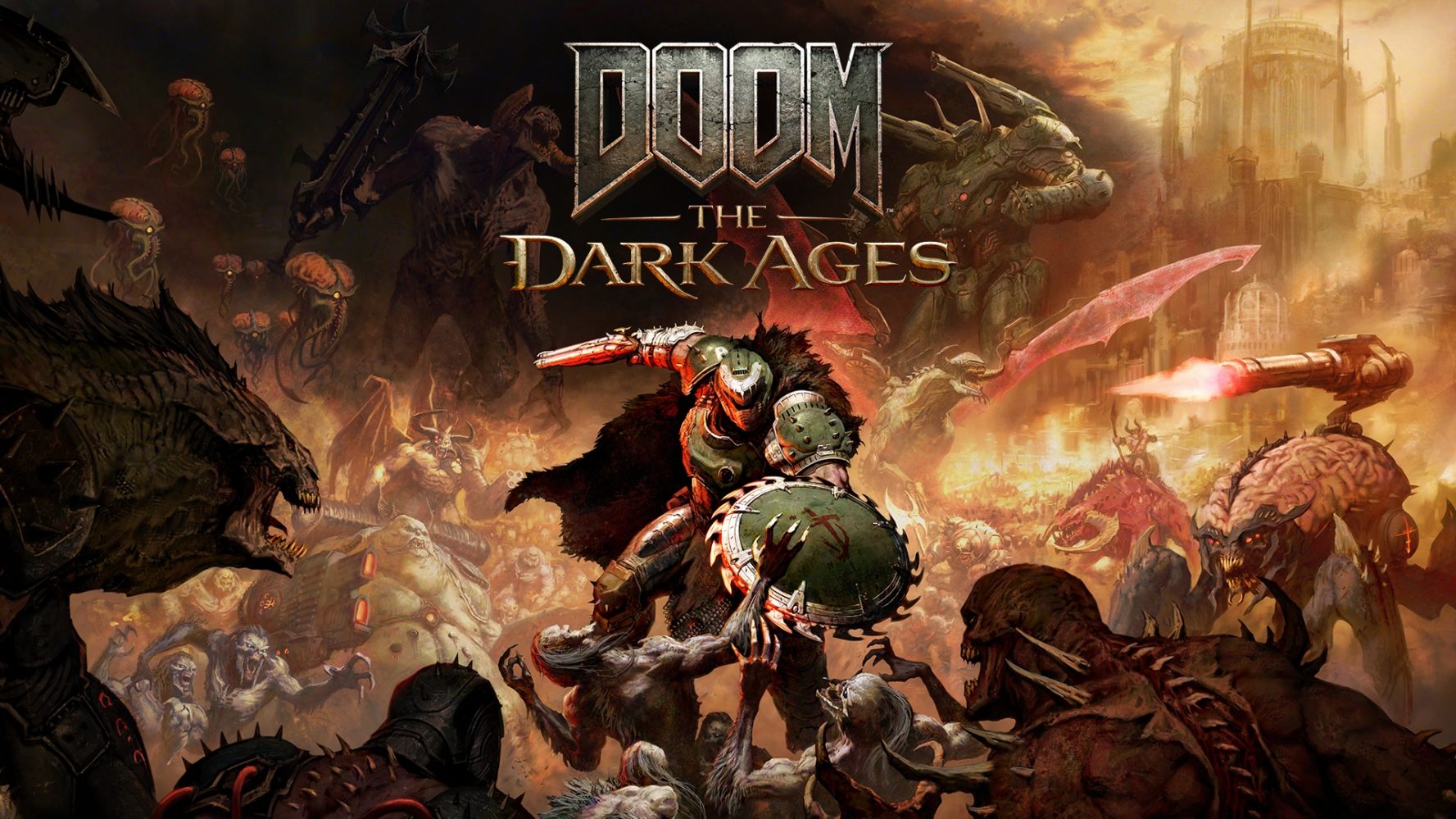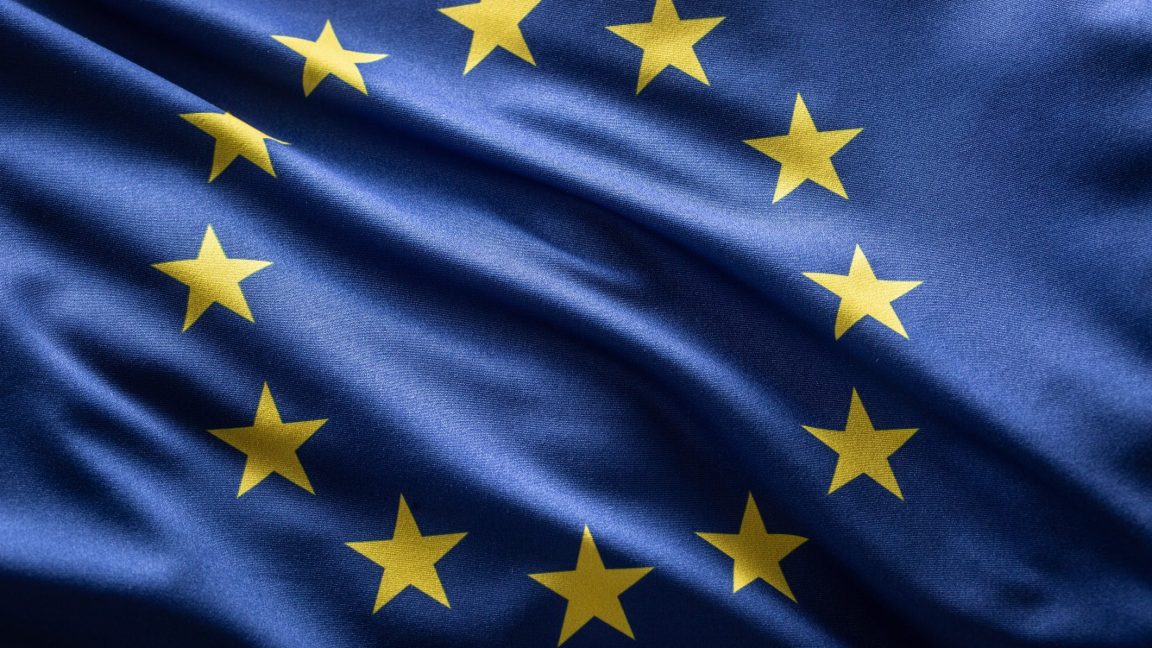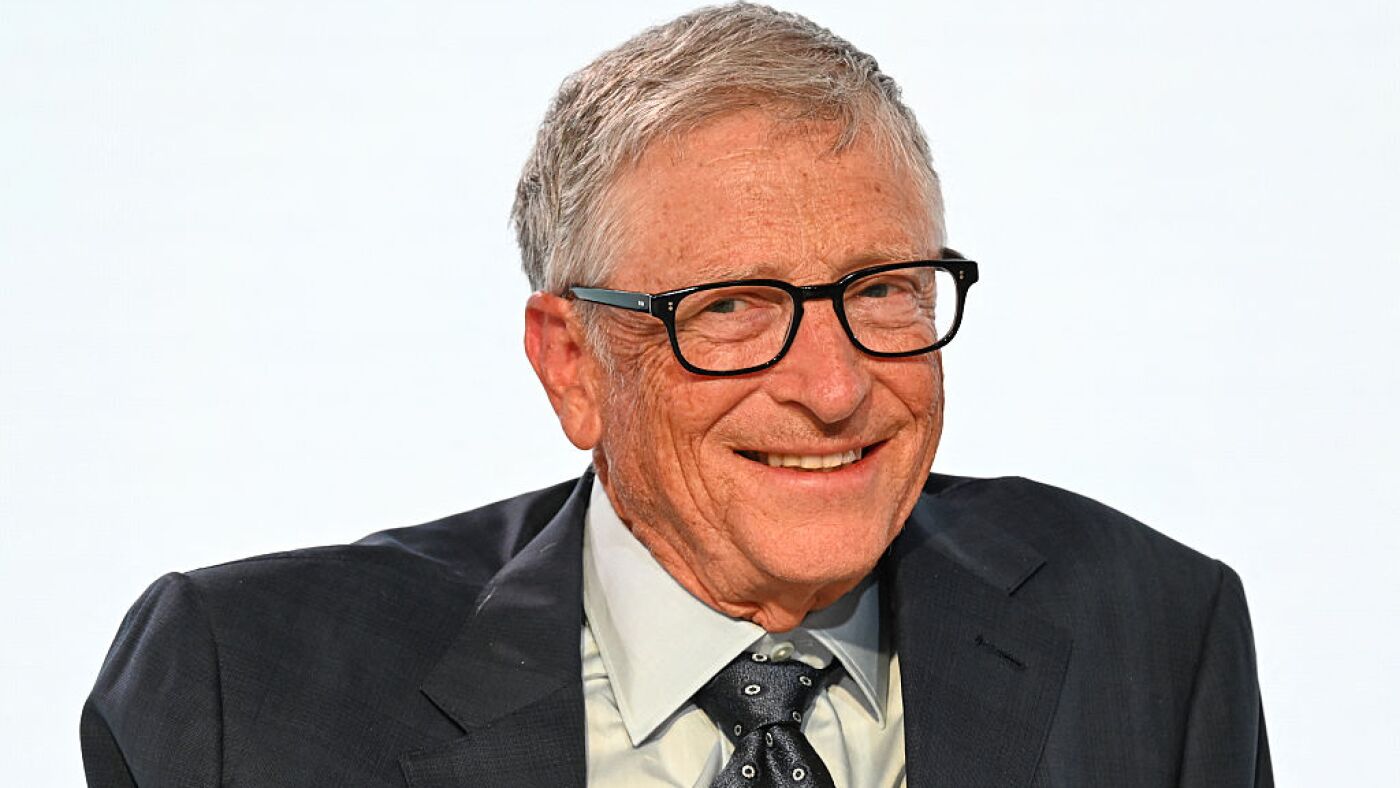What to know about the roller-coaster day in German politics
Germany's conservative leader Friedrich Merz was successfully elected chancellor of the country Tuesday after a historic initial defeat on his first ballot, which caused tumult in the Bundestag, or the lower house of parliament. Merz, the leader of the center-right Christian Democratic Union (CDU), won the second ballot, securing his role as the 10th chancellor...

Germany's conservative leader Friedrich Merz was successfully elected chancellor of the country Tuesday after a historic initial defeat on his first ballot, which caused tumult in the Bundestag, or the lower house of parliament.
Merz, the leader of the center-right Christian Democratic Union (CDU), won the second ballot, securing his role as the 10th chancellor of Germany since World War II and replacing outgoing Chancellor Olaf Scholz.
Here's what to know about the historic day in German politics.
No other postwar candidate for chancellor lost the first ballot
Since World War II, no candidate for chancellor of Germany has failed to win the first ballot. He was widely expected to win, but his initial loss sent shockwaves through Europe.
Candidates are required to win 316 votes to secure a majority in the Bundestag. In the first round of voting, Merz was six votes short of winning the ballot, earning only 310 votes.
His initial loss caused a dip in the stock market, with the DAX, the index of major German companies, falling by 1.8 percent, according to the Associated Press.
Merz won 325 votes on the second ballot, securing his victory.
Not clear who defected from Merz's camp
German lawmakers voted on secret ballots, making it unclear who shifted support for Merz.
Shortly after Merz's loss was announced, Jens Spahn, the head of the center-right Union bloc in the German parliament, appealed to his colleagues about the election's importance.
"The whole of Europe, perhaps even the whole world, is watching this second round of elections,” he said, according to the AP.
Merz's initial loss may spell trouble for his coalition's agenda. His coalition, which includes the CDU and its Bavarian sister party, the Christian Social Union, aims to revive the economy and manage the opposing far-right, anti-immigrant Alternative for Germany (AfD) party.
Merz's coalition is also joined by the center-left Social Democrats, which is led by Scholz, according to the AP.
How the election impacts Trump's trade war
Merz's coalition hopes to revive the German economy amid President Trump's sweeping tariffs. However, the path forward on relations with one of Germany's most powerful allies appears to be murky.
Elon Musk, who serves as Trump’s senior adviser, wrote an op/ed in December expressing support for the AfD, which placed second in February’s elections. A month later at a virtual rally for the party, Musk said that Germans should “move beyond” the “past guilt” of older generations.
Vice President Vance and Secretary of State Marco Rubio also blasted Germany’s government for labeling the AfD as an "extremist" political group.
However, Merz seems to have a hopeful outlook after his win, posting on X in German that he is approaching his service with "courage and confidence."
















![Life in Startup Pivot Hell with Ex-Microsoft Lonewolf Engineer Sam Crombie [Podcast #171]](https://cdn.hashnode.com/res/hashnode/image/upload/v1746753508177/0cd57f66-fdb0-4972-b285-1443a7db39fc.png?#)




























































